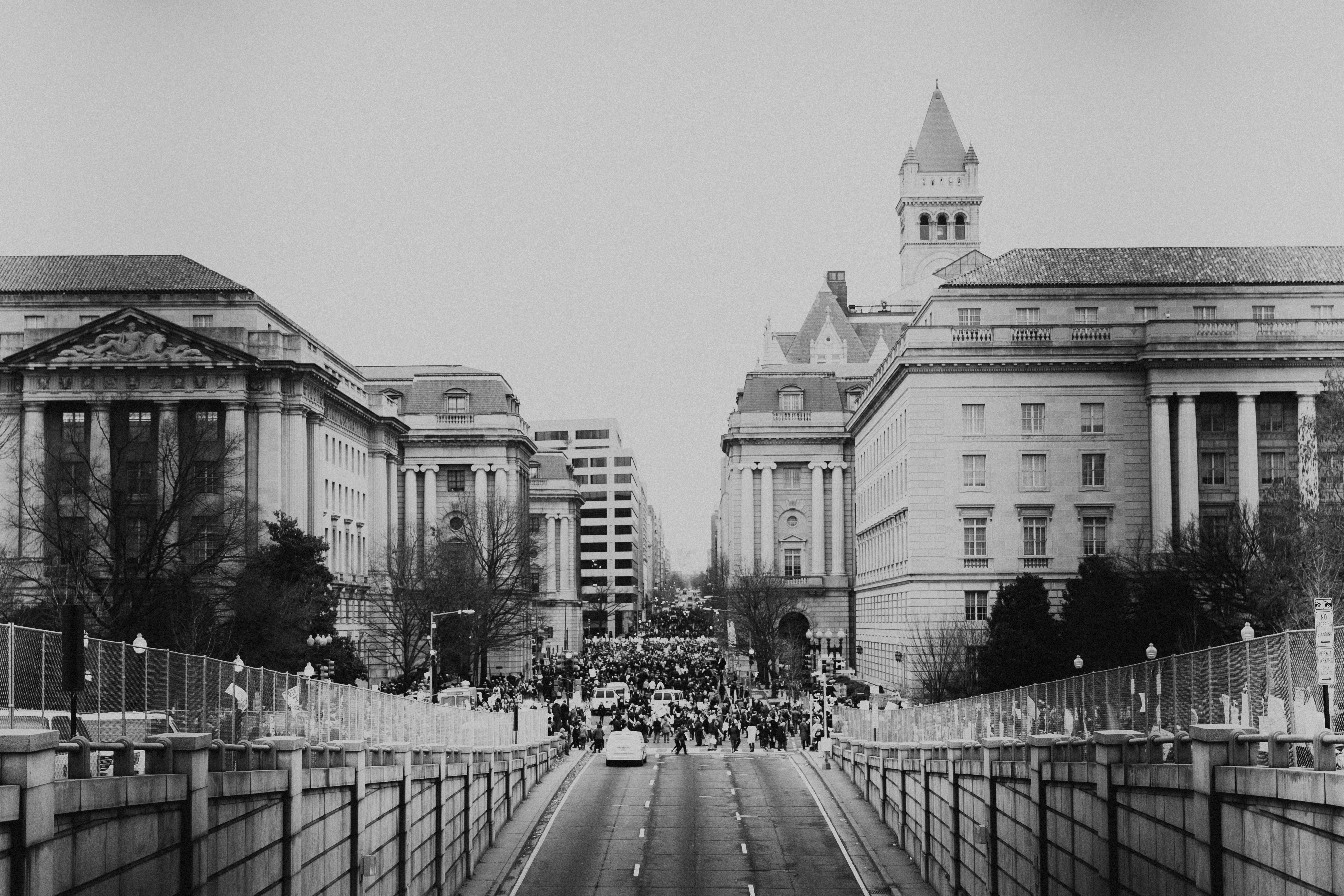What a week it has been — four executive orders, eight memoranda and enough alternative facts to fill an ethically-dubious crude oil pipeline. For Inauguration Day, I put together a short booklist of works that might hearten and galvanize the politically discouraged. This week, it’s on to more concrete action items.
1. Be indignant.
If the 3 million or so citizens who participated in the post-Inauguration Women’s Marches around the United States are any indication, we’re already well on the way. John Maynard Keynes astutely observed that in the long run, we are all dead: “[E]conomists set themselves too easy, too useless a task, if in tempestuous seasons they can only tell us that when the storm is long past, the ocean is flat again.” Don’t cast your eyes at 2020 and assume that the storm will pass — take the short view and be indignant about politically sanctioned injustices. Use it as fuel.
2. Don’t let this become normal.
The suspension of legal entrance into the United States for citizens of seven primarily Muslim nations is reprehensible. Saturday’s airport detentions not only violate the constitutionally-provided rights of due process and equal protection, they also demonstrate a total detachment from reality. Our country already has one of the toughest vetting systems for refugees in the world. There has not been a single fatal terrorist attack by nationals from any of the seven countries subject to the travel ban. This is not “partisan politics” or “conservatism at work.” This is jingoist lunacy. This is not normal. Don’t let it start to feel like the status quo.
3. Humans, not countries.
On a related note, realize that the rhetoric of “America first” is directly out of the populist toolbox. The painting of “us versus them” — perhaps more appropriately stylized as “U.S. versus them” — is a calculated political gambit designed to divert attention from the human cost of his agenda. Think critically about policies from a human perspective. Stand with marginalized people groups and be an ally — populism only works with an “in-group” and an “out-group.” Recall concentration camp survivor Martin Niemöller: “First they came for the Socialists, and I did not speak out — because I was not a Socialist.” The inclusivity of the in-group has never been more important.
4. Think global.
Remember that our politics have global effects. Residents of, say, the Maldives have no voice in our political sphere, but they certainly have to face the consequences of rising sea levels swallowing their island country whole. When picking causes to fight for and injustices to reject, remember that the world is a lot bigger than the United States. Prioritize accordingly.
5. Scale up.
The scale of politics inherently limits the power of individuals. While one person can of course make a difference, so to speak, real resistance needs to bridge the gap between individuals and governance. Organizations that do that are incredibly valuable and need all the help they can get. Just this week, the American Civil Liberties Union argued for and got a stay on the deportations of those detained due to the travel ban. Put your time and money toward groups that turn an ideology of justice into something concrete: legal defense, resource preservation, independent journalism and social and medical support.
6. Retain your sanity — and help others do the same.
Smile at someone on the Metro. Hold the door. Pay for someone’s coffee. Let every small act of human kindness be a token rebellion against the dearth of empathy and compassion on the political stage. Gandhi said, “If we could change ourselves, the tendencies in the world would also change.” Our last president offered a similar take. “We are the ones we’ve been waiting for. We are the change that we seek.” In his absence, take it to heart.
Jack Siglin is a senior physiology and neurobiology major. He can be reached at jsiglindbk@gmail.com.



